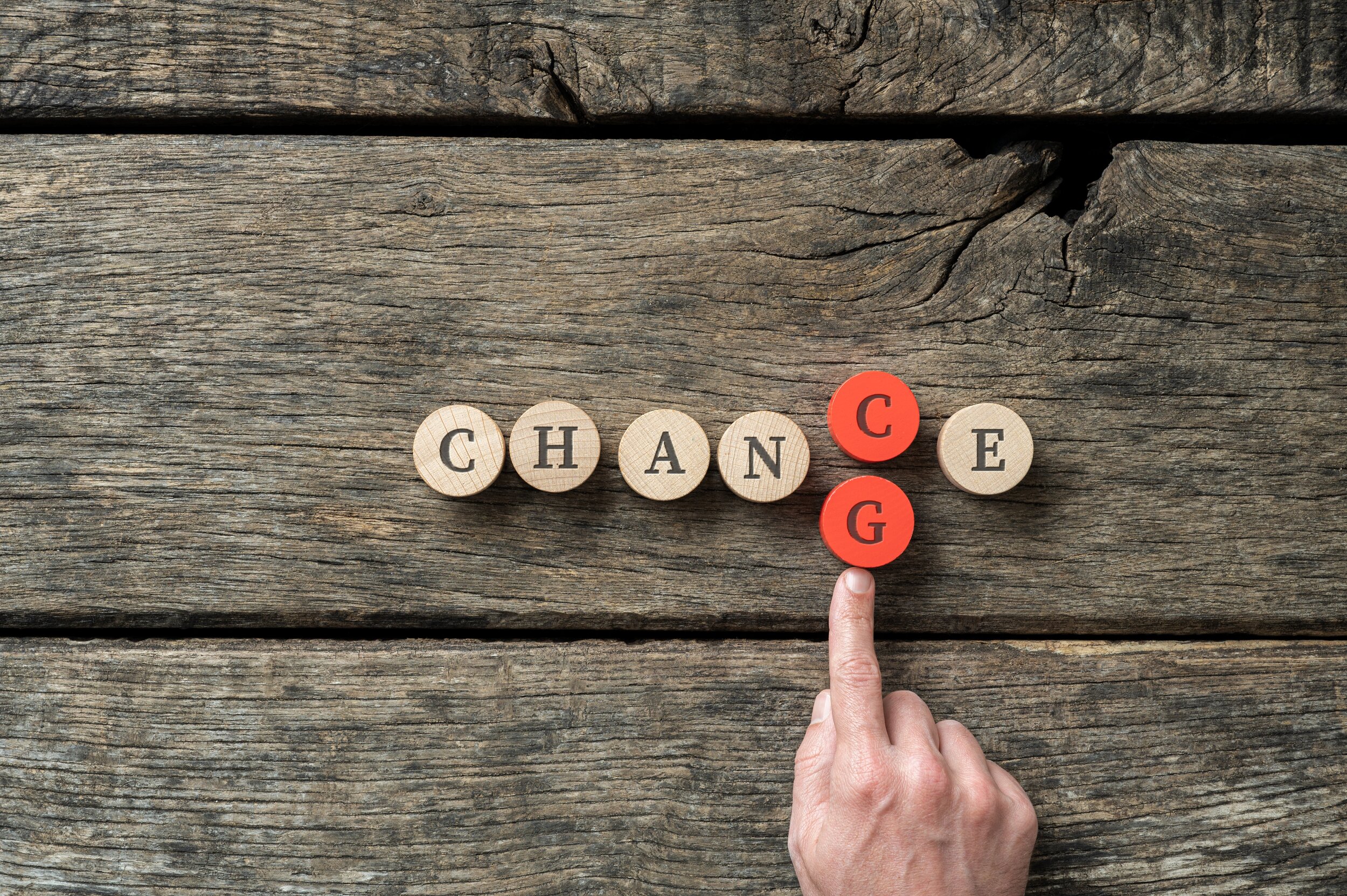Change or Chance?
by Judith Dreyer, MS, BSN
Complementary and Alternative Modalities (CAM) receive a lot of press these days. The COVID-19 pandemic forced us home and socially distanced us. What do we do when we don’t have to be in traffic, physically get to work? In other words, what happened to us when some of our daily business, school, and home activities stopped or redirected? What happened to you if you were a first responder or medical personnel on the front lines?
Change is probably the one thing we resist the most. For some, being home was a welcomed relief despite redirection. For others, life was intense figuring out how to be with family day in or day out, working all online, homeschooling, or with young children or being totally isolated.
No matter the situation, I bet you fit in different shows, maybe took a class, or signed up for webinars, maybe experienced more quiet time, alone time than usual.
Here at Cloud 9 Online, we hope you looked at your daily habits and routines. We encourage you to add a mindful practice, a meditation to your daily routine. I sent my family working on the front lines in the hospitals one of our “Supporting Your Immune System” meditations by Jeff Nelder, our Chief Mindfulness Officer.
Meditation, contemplation practices are not new. But, for some reason, we in the west want what we do quantified, measured in some way. I love our curiosity, our eagerness to prove what the ancient sages advised. Today technological innovations are giving us more and more tools to do just that: to investigate how mindful practices work in our brain. What’s healthy and what’s not.
What mindful practice works best for you? How much time do you have to spend? Breathing awareness, deep yawning, walking all contribute to redirecting our “monkey mind” brain to quiet down. Adverse news reports, disrupted schedules, and uncertainty can be frustrating and disheartening.
Andrew Newberg, MD and Mark Robert Waldman in their book, How God Changes Your Brain, suggest that a basic brain-enhancement program including breathing, relaxation, and meditation for twenty or forty minutes changes our brain’s connectivity. If you are not able to spend that much time, then adjust the timing to fit your schedule. These researchers and practitioners have looked at studies that measure brain activity in active and advanced meditators to explore the question: Do these practices change our brain?
“ Our brain-scan studies of contemplative forms of Buddhist and Christian mediation show that when activity in the parietal areas decreases, a sense of timelessness and spacelessness emerges. This allows the meditator to feel at one with the object of contemplation: with God, the universe, peacefulness, or any other object upon which he or she focuses.”( Pp. 51-52.) Further on, they state that advanced or disciplined practitioners reach a state of oneness with all.
Cloud 9 Online offers you our MediMind app - free for 90 days. Got Stress? Choose MediMind Meditations for your daily practice. Try it for yourself: https://www.c9ohealth.com/download

